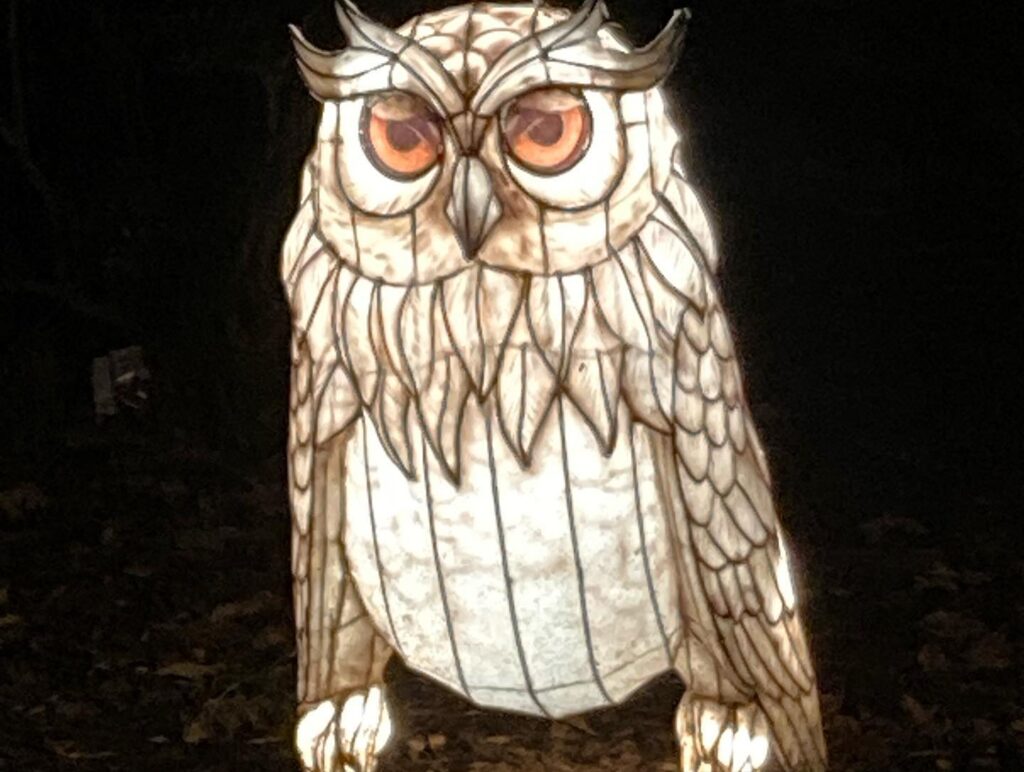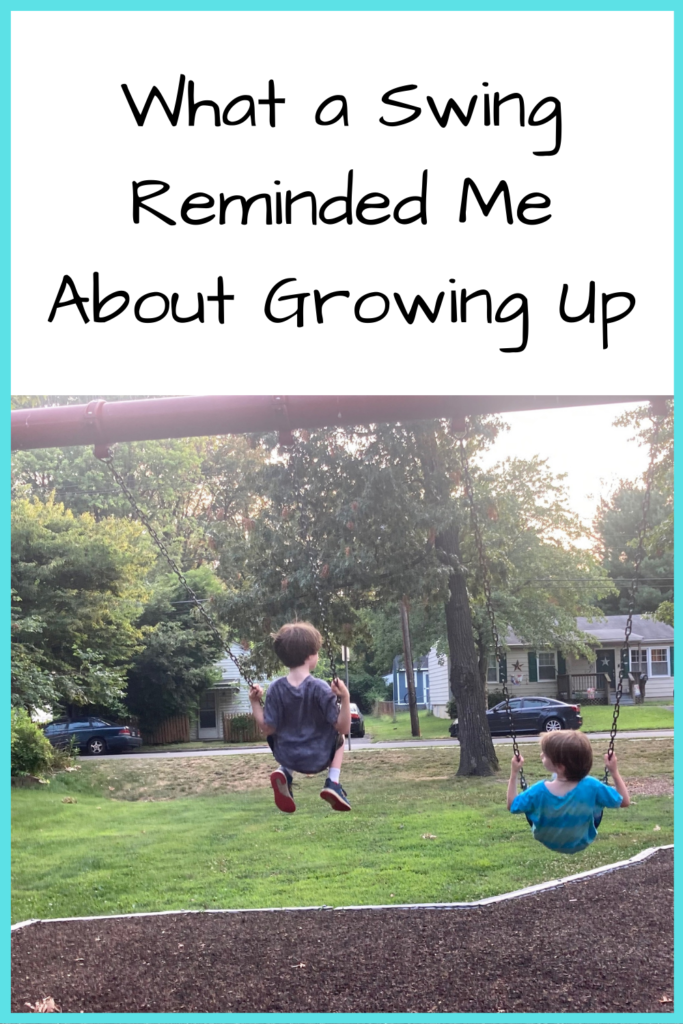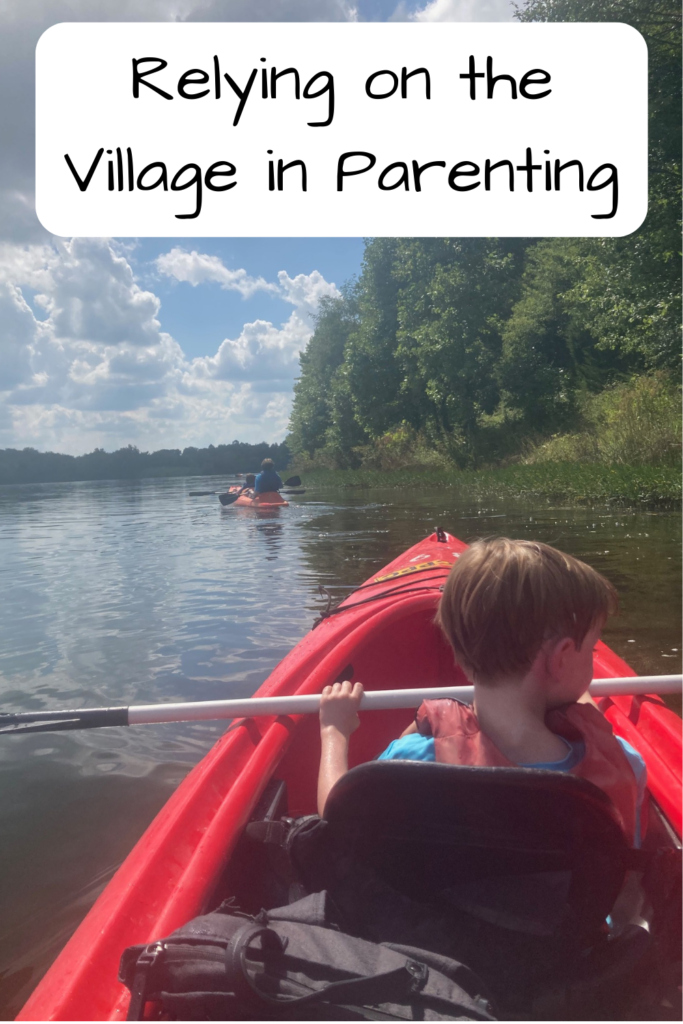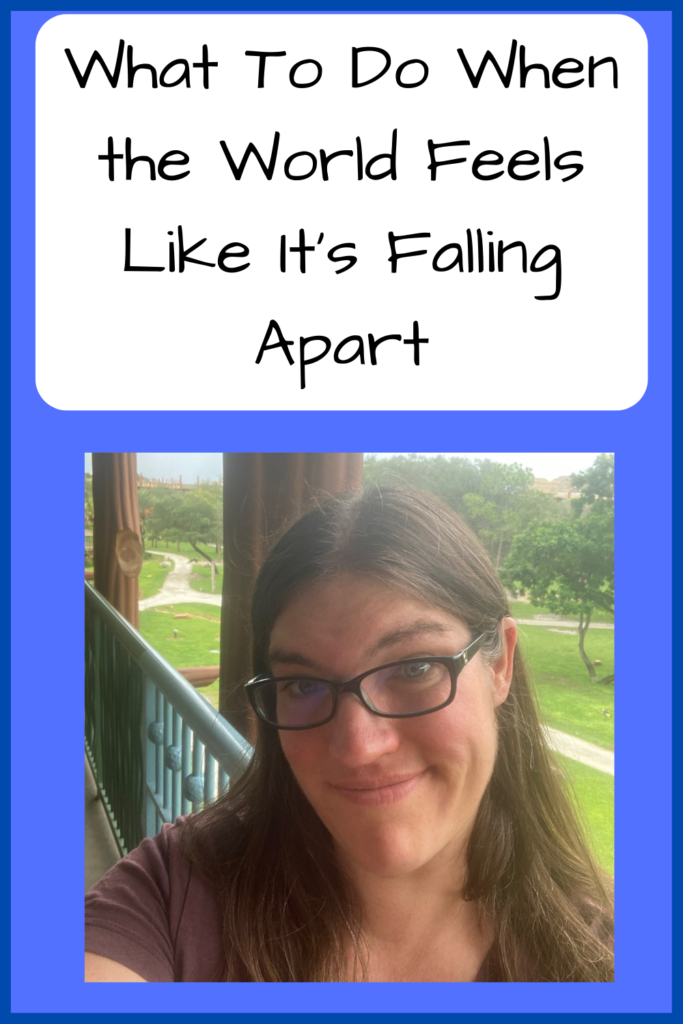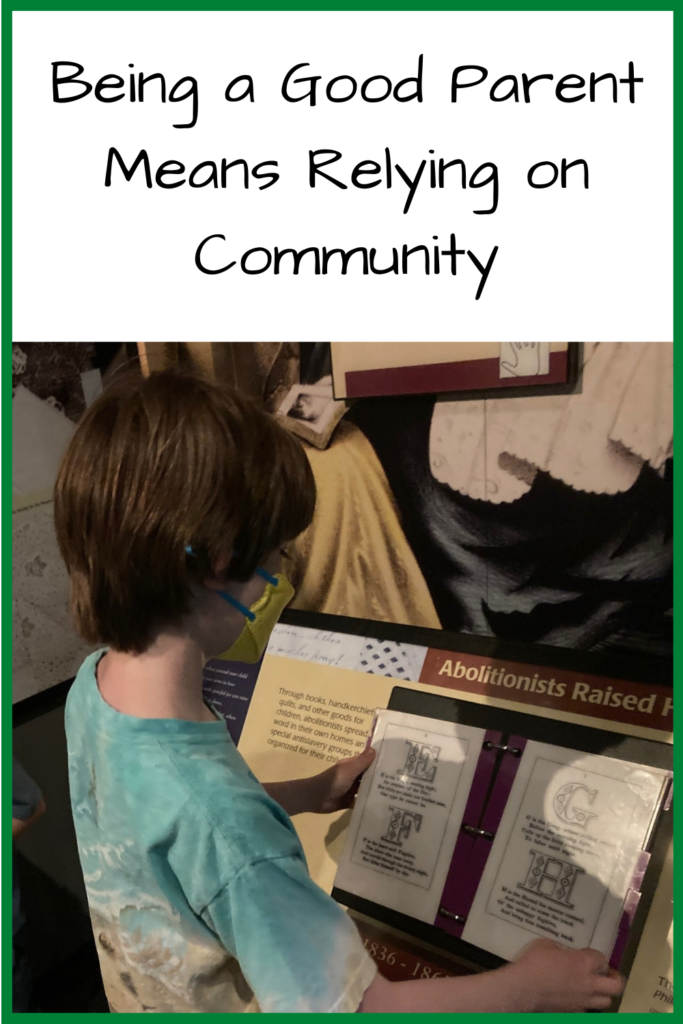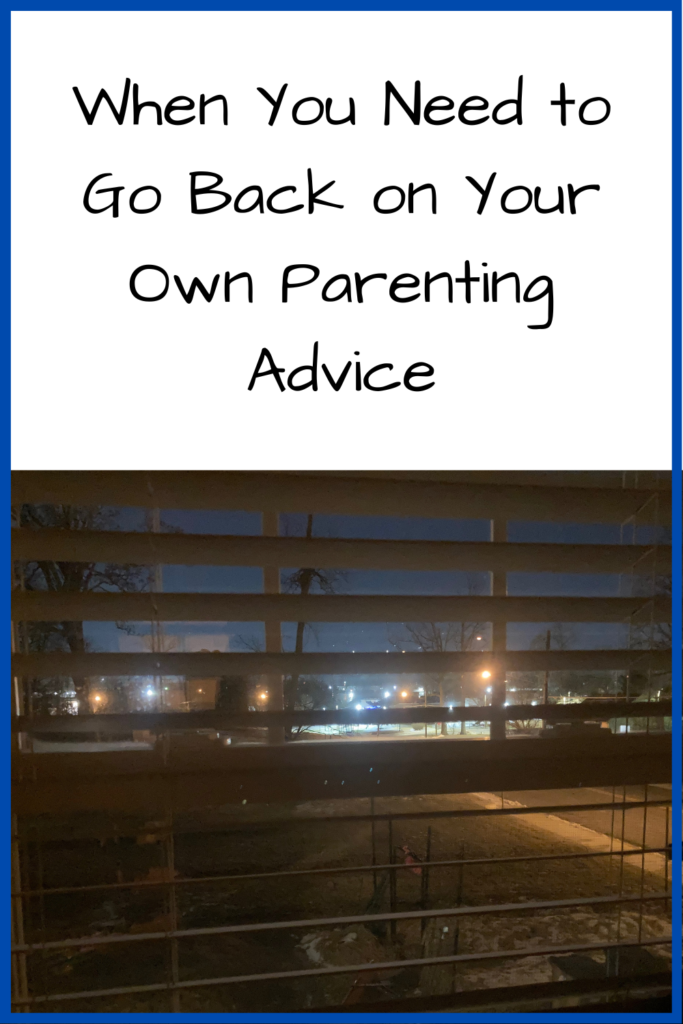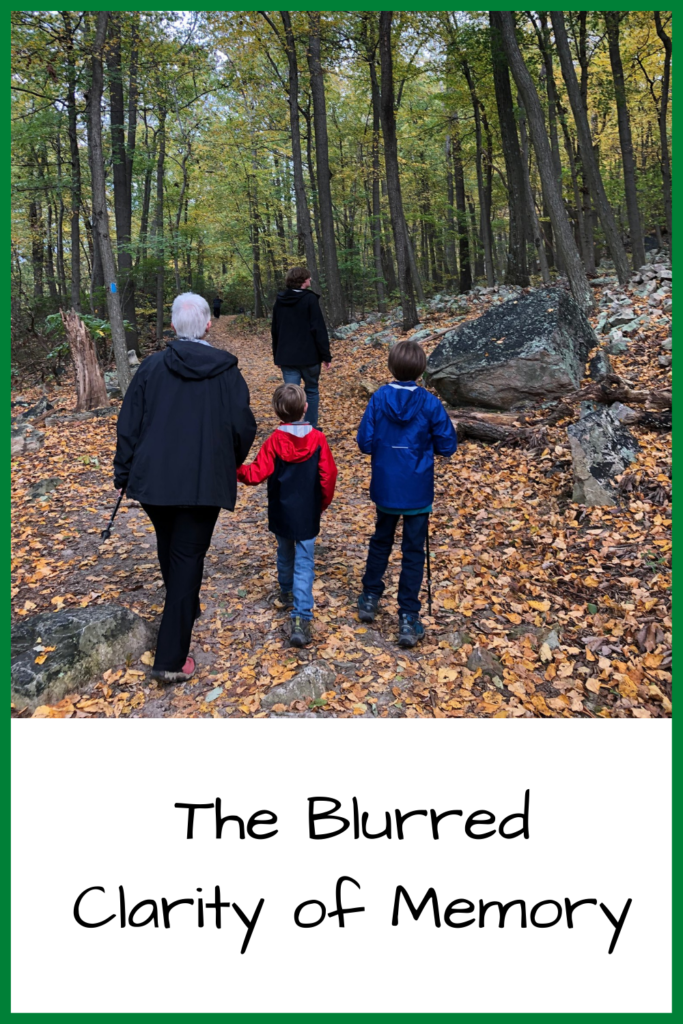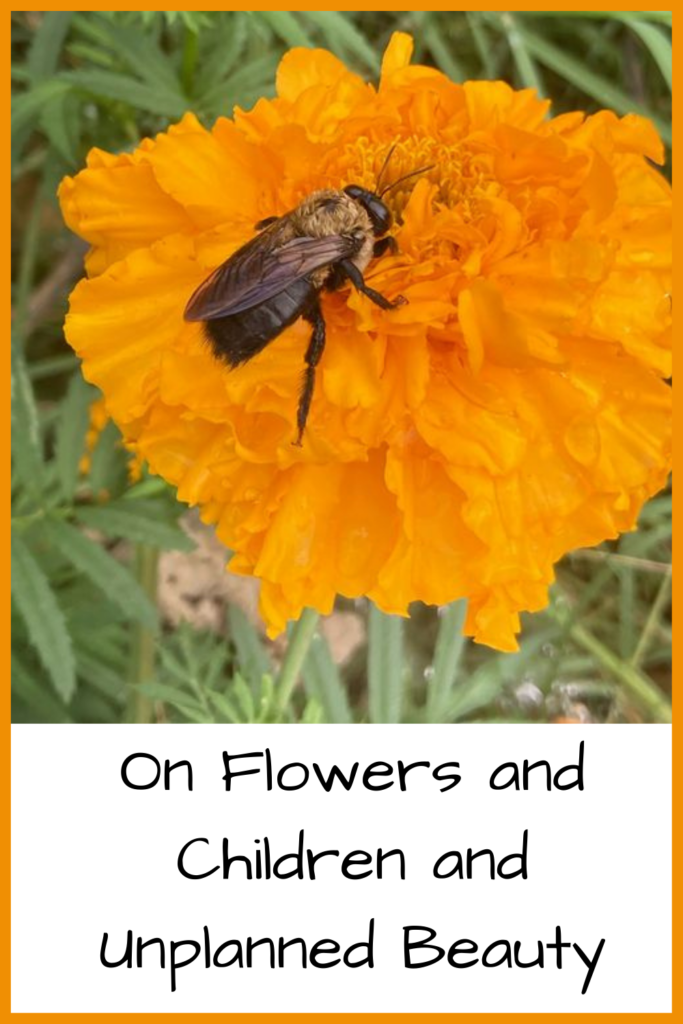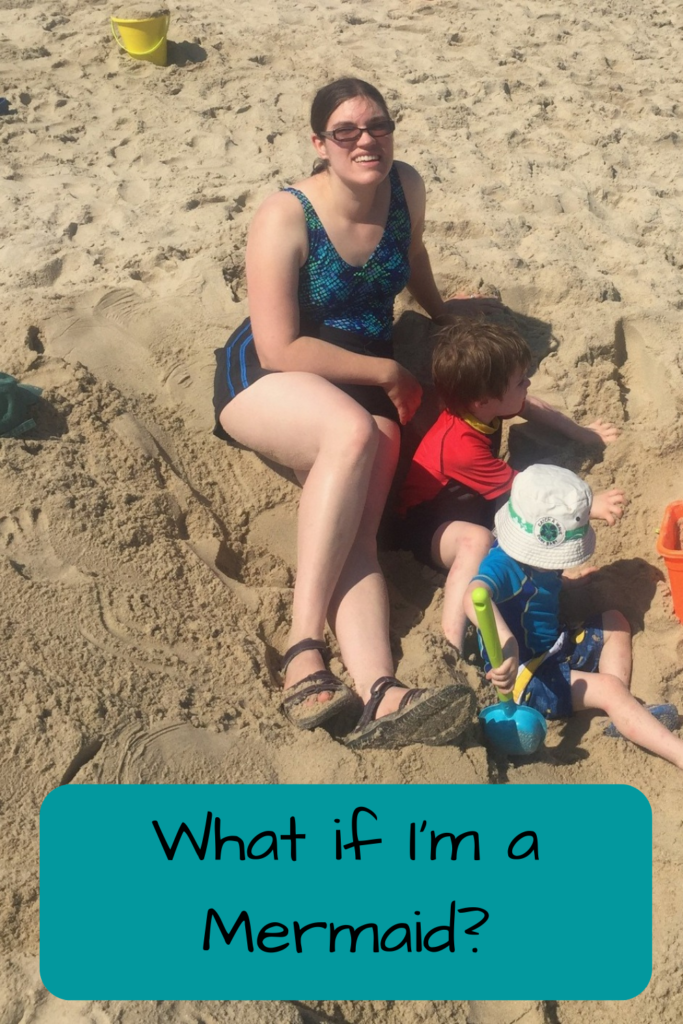
My mom leaned in conspiratorially to my small, little girl face. “I’m a mermaid, you know,” she told me, smiling. I gazed up at her in amazement. Could she really be? But no. Mermaids aren’t real. But maybe? Just maybe. “Really?” I asked. She just raised her eyebrows and shrugged.
Splash, splash, flip, flip.
Waist-deep in the shallow end of the town pool, I yelled, “Look at my trick, Daddy!” Once he turned around, I dove into the water and did a front handspring. He smiled and clapped. I could never do that trick in gymnastics class. But in the water? In the water, I could do anything.
Splash, splash, kick, kick.
Gazing down at the bottom of the YMCA pool, my teenage self pushed my chest up and filled my lungs with air. I plunged my head back down, shoved the water away, kicked my legs, and repeated the process, over and over. On land, I tripped over myself and didn’t notice where I was going. In the water, I felt sleek, powerful. I had the potential to be graceful. To be like a dolphin, my favorite animal. My swim team times never came close to the speed I felt in my head. But they weren’t what mattered to me. The water mattered.
Splash, splash, stroke, stroke.
“What if I’m a mermaid in those jeans of hers with her name still on it?” I sang along to Tori Amos’ cry in the song Silent All These Years. I had never been in an awful relationship like the song’s narrator. But in my almost 20 years, I knew well what it was like to be ignored, alone in a room full of people. I had just extricated myself from a social group I had dedicated a year of my life to, only for them to treat me like shit. Exclude me, talk behind my back, make fun of me right to my face. So I left. But now I was alone and uncertain. So I sang. I kept singing that song, in different ways. And bad times became better.
Splash, splash, dive, dive.
“I’m going to go bodysurf!” I declared to my kids and husband, running off to the surf before anyone could yell to me that they needed something. I waded up to my chest in the cold water of Cape Cod, feeling the small waves lap against me. I waited and waited. Finally, a big one. I dove into it and tried to swim. Instead, the wave tossed me under. My knees hit the sand and my mouth filled with water. Struggling to my feet, I spit out the water and laughed. I pushed back through the water and waited. This time, I was certain I could bond with the wave, get in tune with it rather than fighting it.
Splash, splash, wade, wade.
“You’re a mermaid!” my younger son declared, as we played in the town pool. He pointed to my chest and I looked down. “So I am!” I exclaimed as I noticed that I was, in fact, covered in iridescent scales. They were the pattern on my bathing suit, but still. Who could argue with the obvious evidence?
I thought back to a few weeks before when he had told me, “You’re the Tooth Fairy and Daddy is your backup.” He was about to lose his first tooth and he had already figured it out! But watching his face, I saw that fact didn’t change a bit of the magic. We were all magical already. With some words and game dice, I could become a druid who turns into different animals or a magical engineer with a robot dinosaur. In his imagination, he could be a three-headed Cerberus puppy or a giant monster kitty or an elephant. Even in real life, to him, I could explain the biggest stars and the smallest particles, keep him safe, grow vegetables from mere dirt and water, play tag (almost) endlessly, and listen to his many theories of what the video game character Kirby could eat.
So of course I could be a fairy. Or for that matter, a mermaid. Of course.
And what if he’s right? What if my mom is a mermaid, but I didn’t really know what that meant? What if I am too – and always was? What if?
